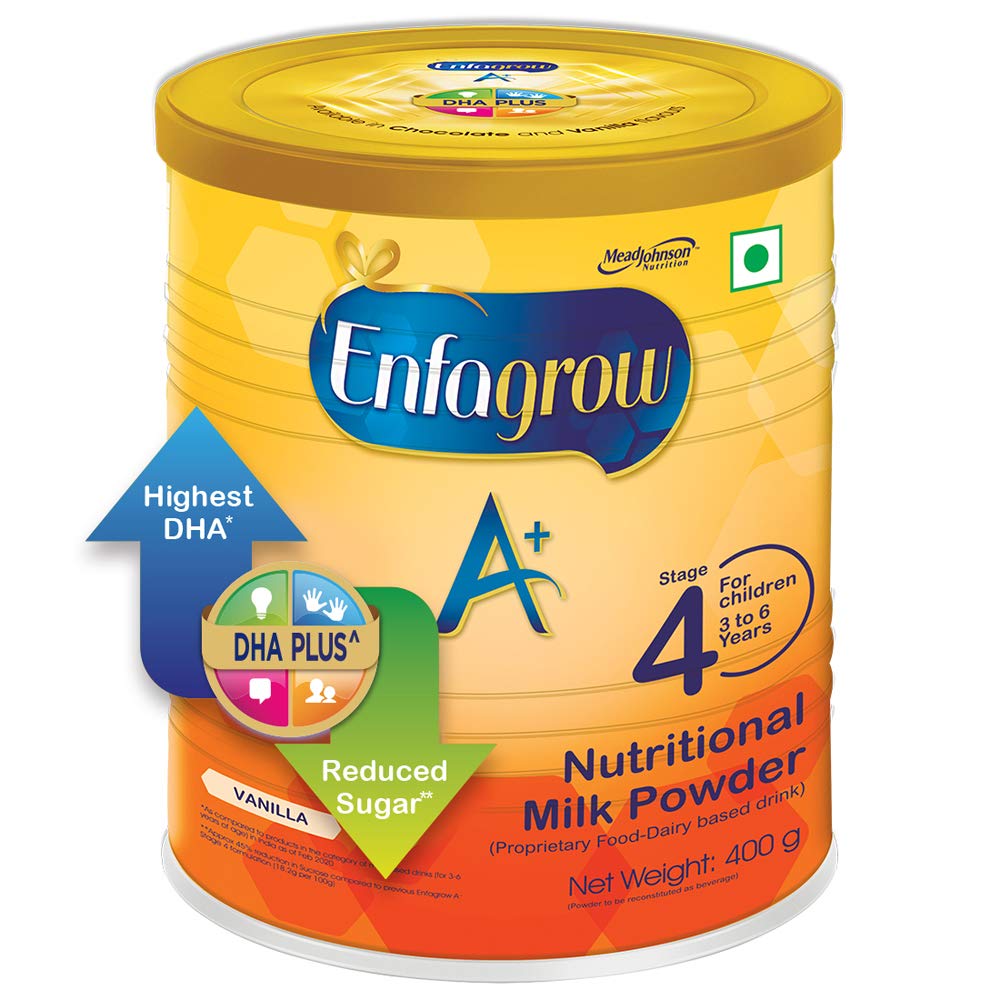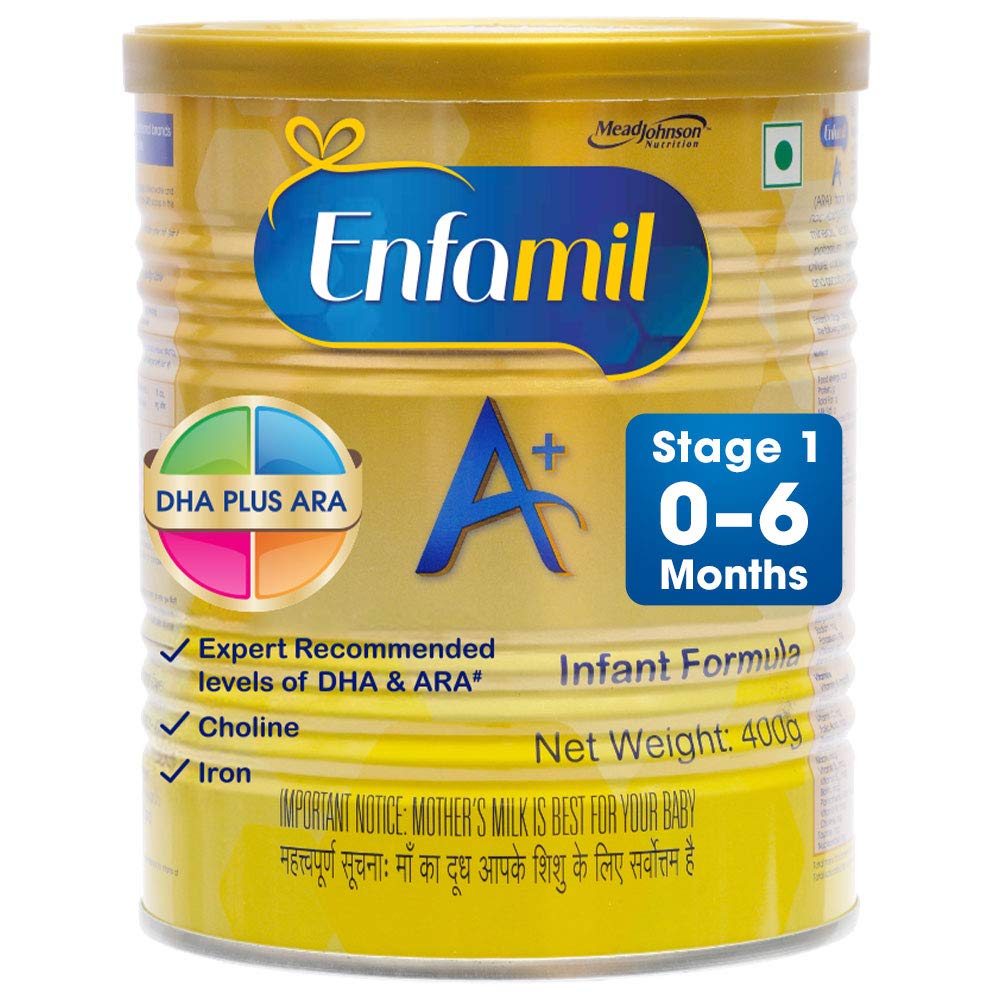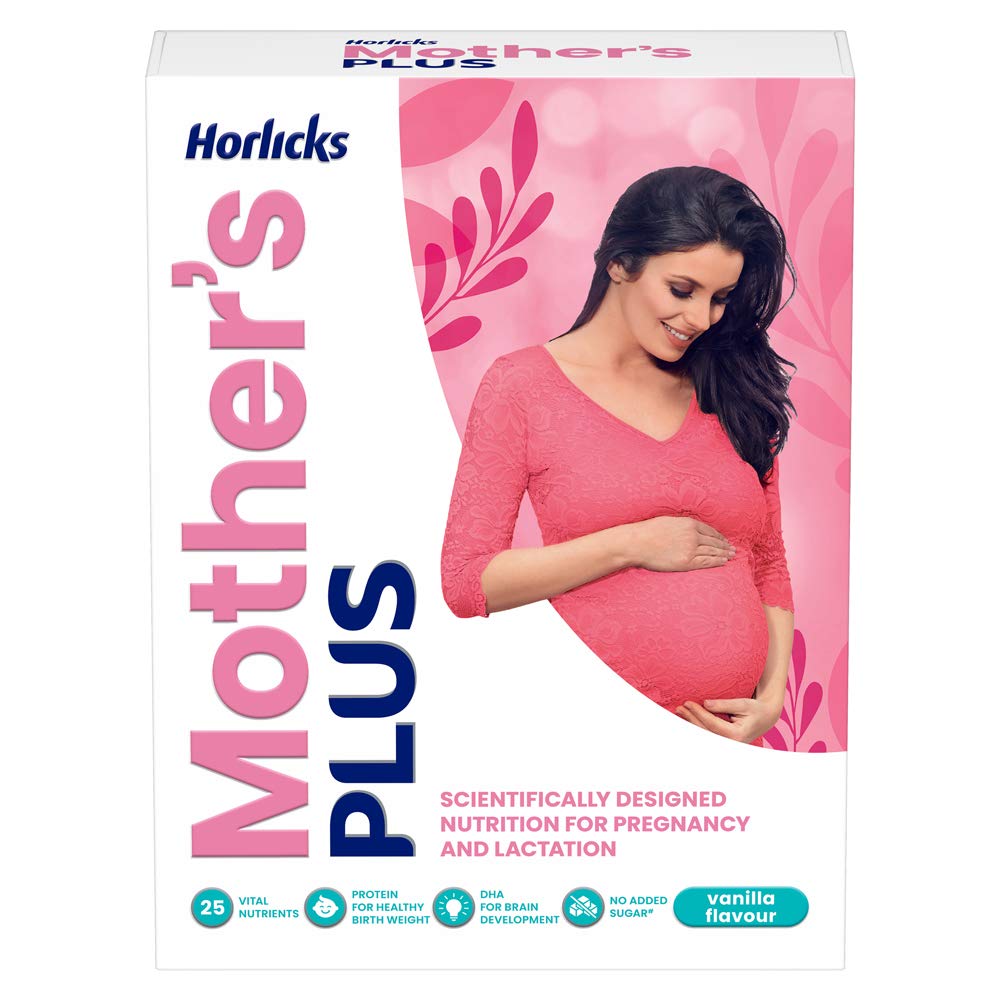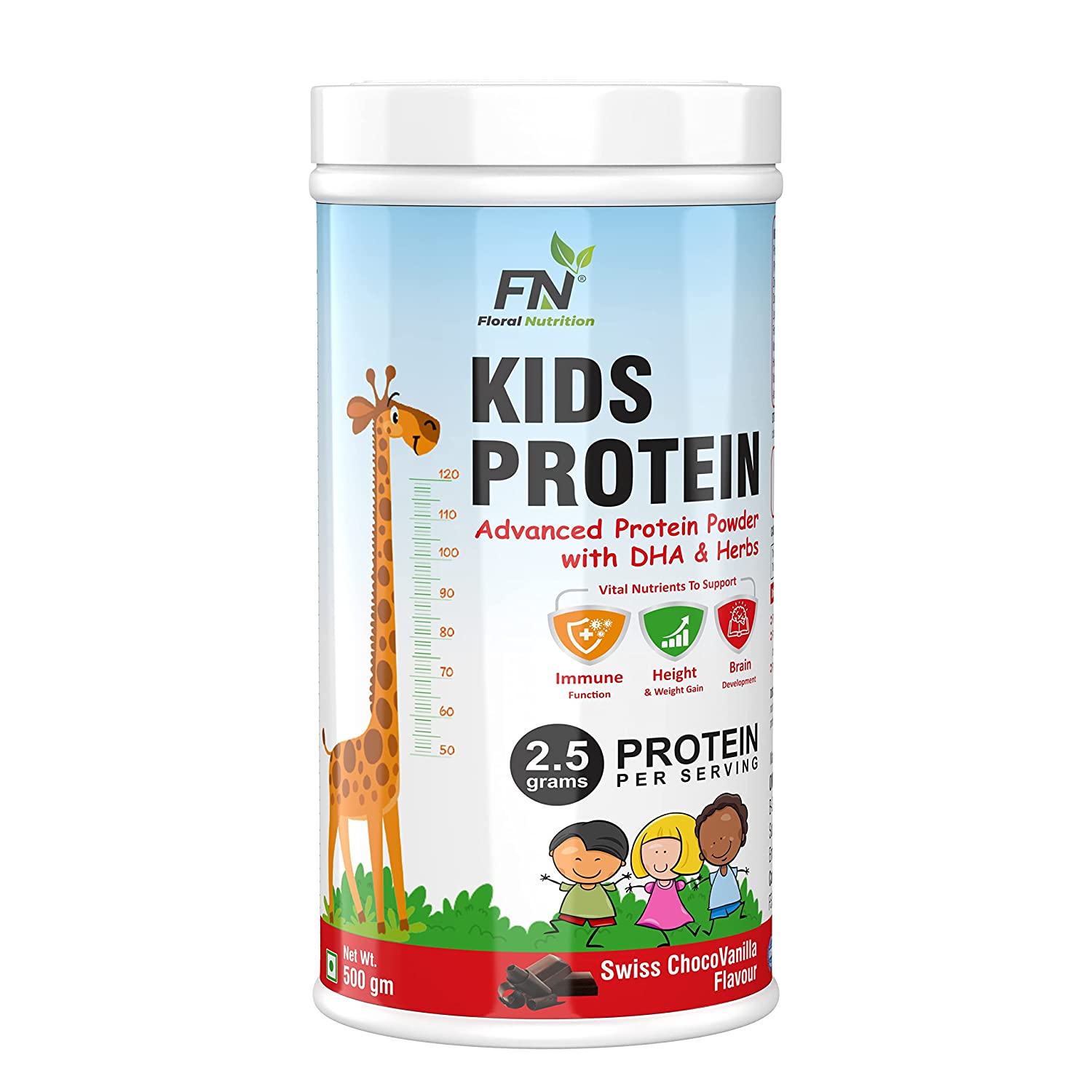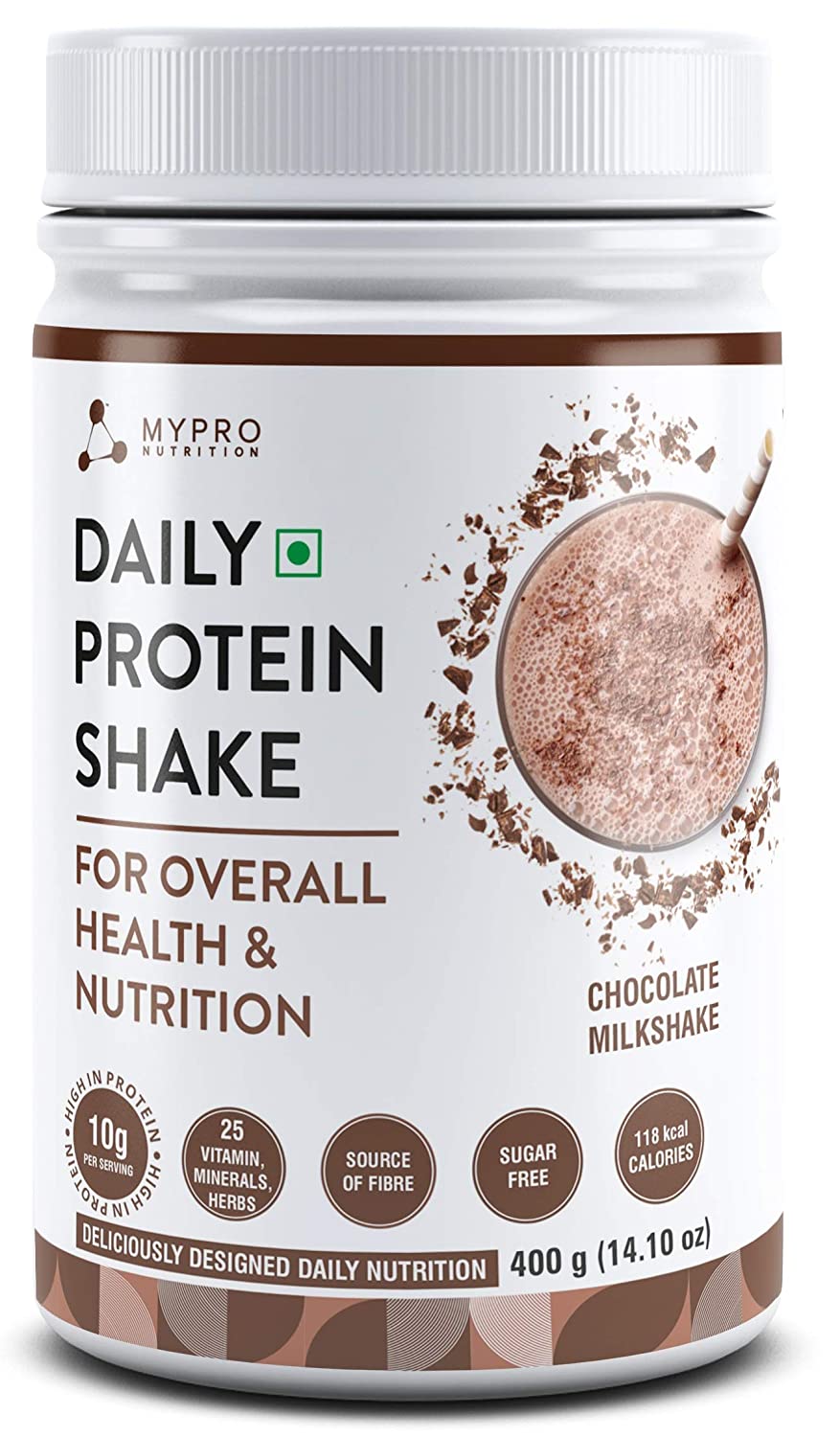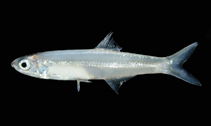Docosahexaenoic Acid
Micronutrient
Last update date: November 08, 2023
An omega-3 fatty acid essential for brain development during pregnancy and early childhood.
Frequently Asked Questions
1.
What is Docosahexaenoic Acid?
Docosahexaenoic Acid (DHA) is an essential Omega 3 fatty acid that is critical for the development and maintenance of eye and nerve tissues. It plays an important role in averting the risk of heart and blood circulatory diseases by thinning the blood, decreasing inflammation and lowering triglyceride levels. DHA is very commonly found in seafood like tuna and salmon. People commonly use DHA to fight high cholesterol levels. DHA is also frequently fed to infants to improve their cognition, memory, and thinking skills.
2.
What is positive impact of Docosahexaenoic Acid?
DHA has shown potential effectiveness in improving certain health conditions. Research suggests that taking DHA, either alone or in combination with eicosapentaenoic acid (EPA), can help lower triglyceride levels in individuals with high blood lipid (hyperlipidemia). Additionally, DHA supplementation during pregnancy may reduce the risk of preterm birth.
3.
What is negative impact of Docosahexaenoic Acid?
DHA is generally considered safe for most individuals when consumed in appropriate amounts. Mild side effects, such as stomach and intestinal issues, may occur, but they are usually temporary and not severe. However, exceeding the recommended daily intake of DHA and other omega-3 fatty acids (more than 3 grams) can potentially lead to unsafe conditions, including slowed blood clotting and an increased risk of bleeding.
4.
Who should not take DHA supplements?
While DHA is generally safe for most people, it is advisable for individuals who are taking blood-thinning medications or have bleeding disorders to exercise caution and consult with their healthcare provider before consuming high doses of DHA or other omega-3 fatty acid supplements. These precautions ensure that potential interactions or complications can be evaluated and managed effectively.
5.
What food is high in DHA?
To increase your intake of DHA, it is recommended to include cold-water fatty fish in your diet. Excellent sources of DHA include salmon, tuna (bluefin tuna contains higher DHA levels compared to other types), sardines, shellfish, and herring. Consuming these types of fish regularly can provide your body with an abundant supply of DHA, supporting overall health and well-being.
6.
Which are symtoms of Docosahexaenoic Acid deficiency?
Insufficient intake of DHA can lead to a deficiency in the body, which may have negative impacts on eye and nerve tissue development and function. Inadequate DHA levels have also been associated with an increased risk of certain heart and circulatory diseases. To prevent deficiency, it is important to consume a balanced diet that includes food sources rich in DHA or consider supplementation under the guidance of a healthcare professional.
7.
What is the best form of DHA?
The best form of DHA are shellfish and fish which includes mackerel, salmon, herring, sardines, and caviar.




